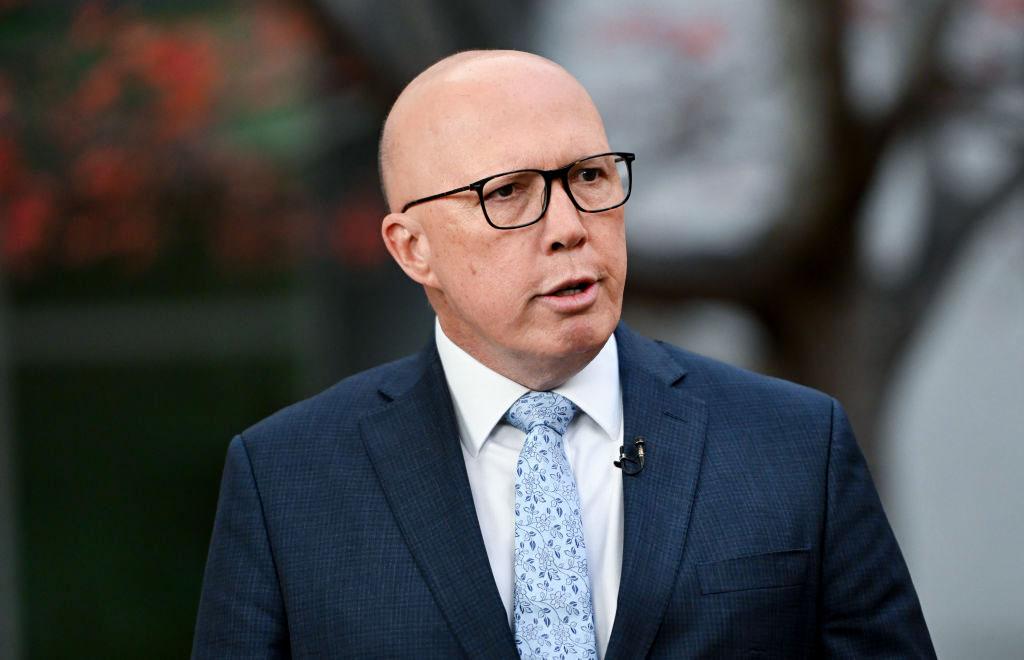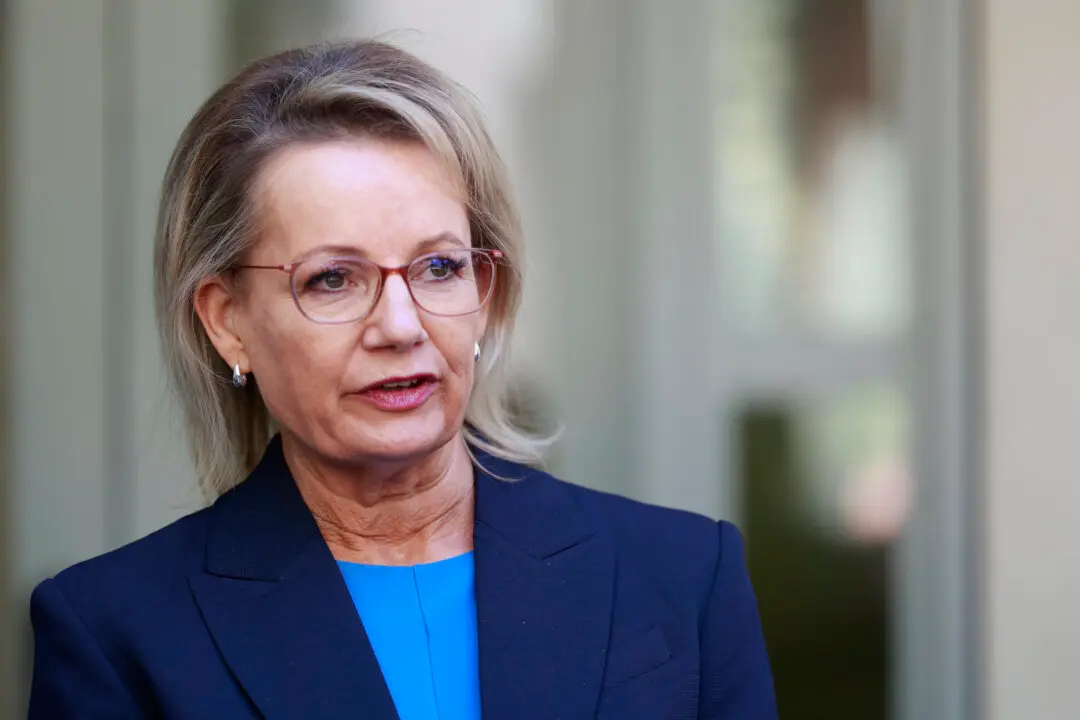Opposition Leader Peter Dutton’s highly anticipated speech on the Coalition’s nuclear energy plans did not deliver a crucial detail: the expected budget.
Despite repeated government pressure on the cost question, Dutton said the Coalition’s nuclear plan would cost “a fraction” of the Albanese government’s $1.3 trillion energy transition scheme.





